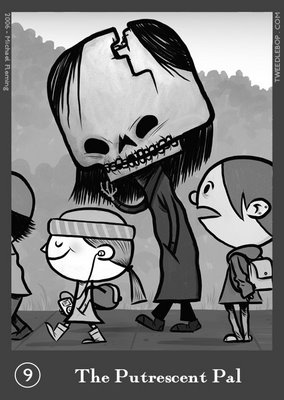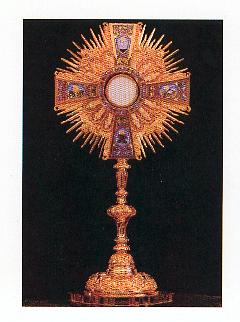THE SHOEMAKER'S GOSPEL: A NOVELA shoemaker who lived in Capernaeum while Jesus was there writes his musings in his journal. Among his entries are included thoughts about personal encounters with Jesus and his disciples. The author clearly has incorporated some of the insights and thoughts he has had during his long practice of Ignatian contemplation, which involves putting yourself in the scene when reading the Gospels. Much of it is quite effective in terms of helping the reader imagine where Jesus might have stayed, the sorts of jokes the disciples would tell, how one might speak personally to Jesus in passing, and so forth. The author, of necessity, invents much of Jesus' dialogue during the aforementioned examples and, for the most part, it works.
I had a much more difficult time when the author invented additional parables for Jesus to use as thought provoking examples for his disciples. Not surprisingly, the added parables were much shallower than Jesus' own and jolted me out of the story as I mentally contrasted it to the real parables. They read like parables I would have made up myself and that is no recommendation, believe me. There was a similar lack of depth and originality in most of the shoemaker's insights. I think this book could be useful for those who would like some help in putting themselves "in the scene" with Jesus but it didn't really grab me with any new insights or thoughts that I haven't seen elsewhere.
THE THIRTEENTH TALE: A NOVEL
... I have always been a reader; I have read at every stage of my life, and there has never been a time when reading was not my greatest joy. And yet I cannot pretend that the reading I have done in my adult years matches in its impact on my soul the reading I did as a child. I still believe in stories. I still forget myself when I am in the middle of a good book. Yet it is not the same. Books are, for me, it must be said, the most important thing; what I cannot forget is that there was a time when they were at once more banal and more essential than that. When I was a child, books were everything. And so there is in me, always, a nostalgic yearning for the lost pleasure of books.
This author understands me. And I understand why she wrote this unusual book which is a love letter for those who have read and reread Jane Eyre, Wuthering Heights, Rebecca, and similar classics. It is a double tale wound around the story of a young woman, Margaret, who has been tapped to write the biography of Vida Winter, a very famous and reclusive writer who has never told anyone a single truth about her life story. As the author's tale unfolds, Margaret begins investigating the truth from her side. I couldn't put this book down. Highly recommended even though I feel the author pulled an "Agatha Christie" toward the end when Vida Winter's true identity is finally revealed. But I love Agatha Christie books as well so it all works out. Not perfect but a thoroughly enjoyable read.
You don't have to take my word for it.
Steven Riddle has a much more thorough review here.
SWIMMING WITH SCAPULARSThis book was lent to me by a much younger friend with the recommendation that she and her husband both really loved the book. I could tell as there were numerous bits of paper marking favorite passages and underlined mentions of authors for further investigation later. I also could understand their enthusiasm. This is a lively and well written book from Matthew Lickona, a young husband and father, who examines his life and roles thus far through a Catholic viewpoint. Lickona is thoroughly orthodox yet also that most welcome of people who live in the world but not of it ... which is to say he's
real. I thoroughly enjoyed this book although I am well past the age where many of the insights are new. However, even with that said, I still gleaned several thought provoking ideas and plan on suggesting this book to my Catholic women's book club which has a range of women from young singles to grandmothers. I think they will all enjoy it. Highly recommended though much more for people in their twenties or thirties.
For a daily look at Matthew, check out his
blog.
IN THE STACKS...I just had the pleasure of getting some books to try from the library and finding that they
all look so good I'm having a hard time deciding which to dive into first.
- Isn't It Romantic?: An Entertainment by Ron Hansen ... a French couple tries to find the real America and winds up stranded in a tiny town in Nebraska. Light and fluffy looking ... my favorite kind of quick read.
- The Salaryman's Wife by Sujata Massey ... a mystery being solved by the Japanese-American heroine living in Japan. Mystery and exotic locale.
- The Historian by Elizabeth Kostova ... a modern vampire tale (does everyone remember that Dracula is one of my favorite books?) that follows three timelines, one in the 1930s, one in the 1950s, and one in 1972.






